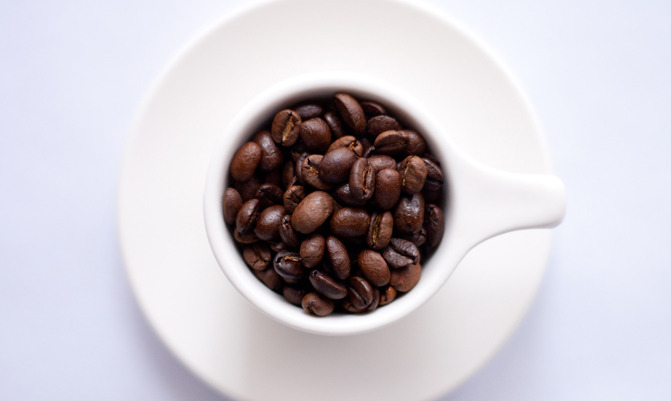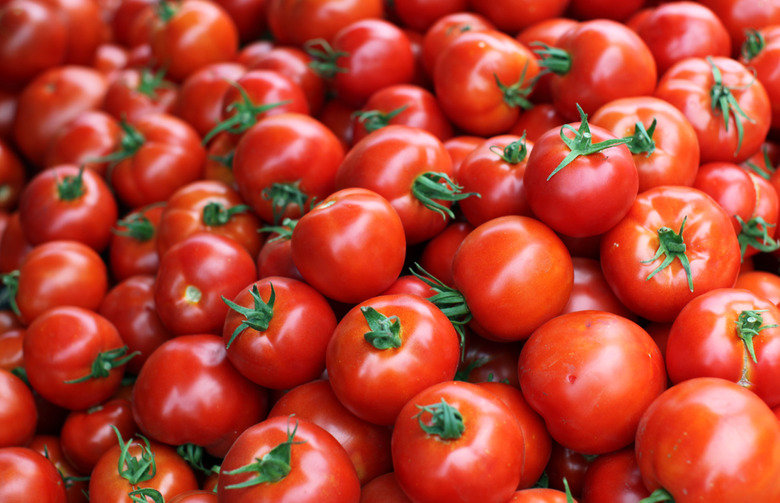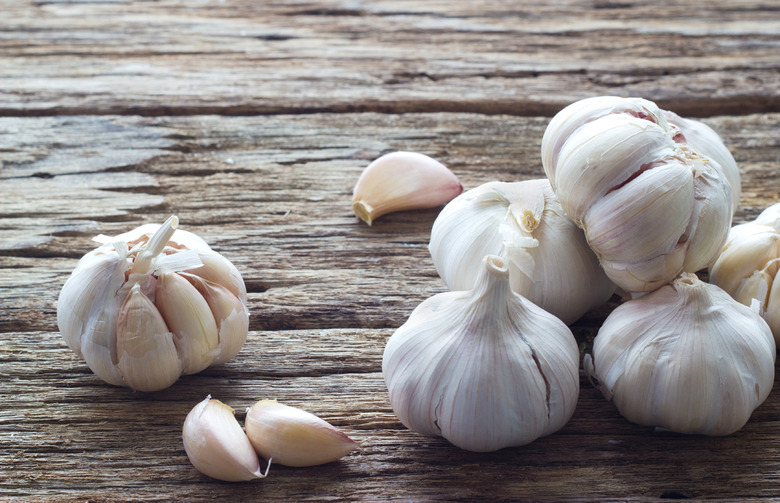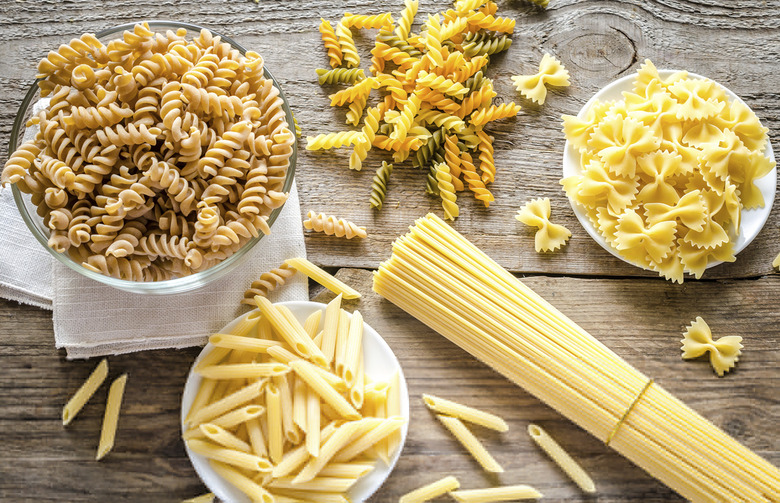Don't Refrigerate These 11 Foods Slideshow
While we've been told that chilling food makes it last longer, not all foods you bring home from the grocery store should be stored inside the climate-controlled box.
Bananas
The flavor and texture of bananas are protected by their thick peels, so storing them in the fridge isn't the worst decision you could make. However, not everyone likes the look of a brown peel, so keep your bananas bright and yellow by leaving them on the counter.
Coffee
In an effort to make grounds last longer, many people store their coffee in the fridge. Unfortunately, this practice doesn't preserve flavor so much as it destroys it. Store your beans in a cool, dark place away from strong smells to keep your coffee tasting like coffee.
Oils
These unsaturated fats do not require refrigeration. In fact, refrigerating oils will cause them to take on an unpleasant texture. If you make vinaigrette for the week, leave out the garlic if you plan to store it at room temperature, because garlic and oil combined provides the perfect environment for botulism to grow.
Onions
Onions fare better at room temperature as well. The cool climate of the fridge causes onions to absorb moisture, leaving them mushy and unappealing. Cut onions must be stored in the fridge to prevent bacteria from growing, but will keep best in a sealed plastic bag.
Peanut Butter
There is really no need to store peanut butter in the fridge, unless you prefer a harder, less spreadable texture. The fat from the peanut oils keep this food fresh for a lengthy time without refrigeration.
Potatoes
Cold causes the starch in the potatoes to break down into sugar, leaving you with a sweeter taste and a gritty mouthfeel. Storing spuds in a cool (but not too cool), dark location is the best way to make your potatoes last.
Tomatoes
Store these thin-skinned fruits on the counter to keep your tomatoes at peak flavor and texture. However, there is one caveat: The summer months can make it difficult to keep tomatoes at their optimal temperature of between 68 and 73 degrees F. In the height of the summer months, it might be best to take your chances with the fridge.
Garlic
Honey
Hot Sauce
Melon
More often than not, the melons you buy at the store need time to ripen. Instead of slowing this process down by refrigerating them, leave your cantaloupe or honeydew on the counter to take advantage of its peak flavor.












